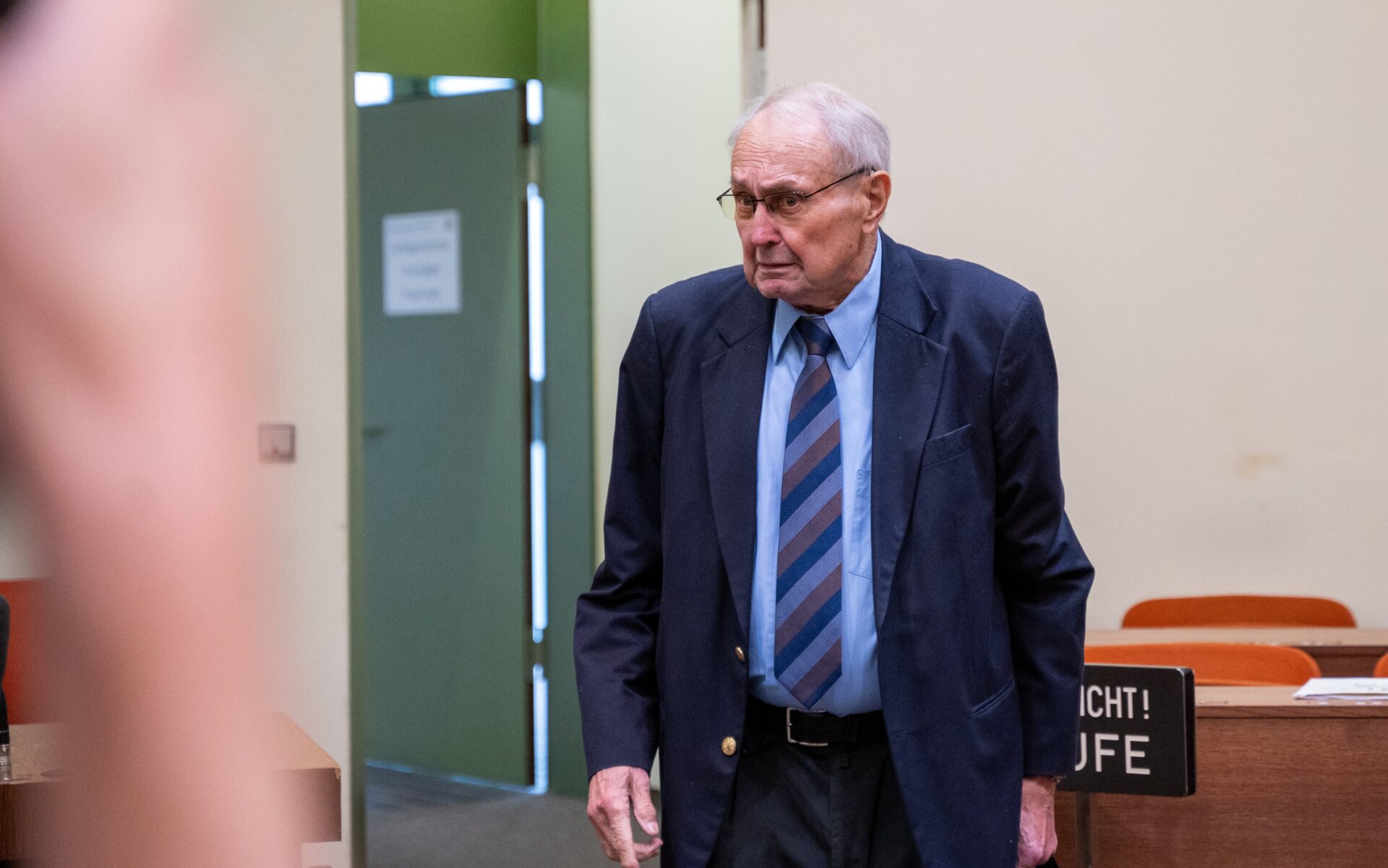Eduard Lintner, a former German Bundestag member from the Christian Social Union (CSU), has been convicted by the Higher Regional Court of Munich for accepting bribes from the Azerbaijani government. The ruling marks a major development in the long-running “Azerbaijani Laundromat” scandal, a $2.9 billion cross-border bribery and money-laundering scheme aimed at polishing Baku’s international image while silencing criticism of its human rights abuses.
The court sentenced Lintner to a nine-month suspended prison term. The verdict, which remains open to appeal, is one of the few legal consequences resulting from the vast corruption network first uncovered in 2017 by the Organized Crime and Corruption Reporting Project (OCCRP).
On June 2, as previously reported by Zartonk, Lintner admitted in court to handling payments from Azerbaijan—claiming they were part of lobbying efforts rather than bribes.
From 2012 to 2014, as Azerbaijan’s government cracked down on journalists and activists at home, members of its ruling elite used a secret slush fund to buy luxury goods, launder money, and pay off European politicians—especially those with influence in the Parliamentary Assembly of the Council of Europe (PACE), the continent’s key human rights body.
Lintner was among those who benefited. While he confirmed in court that the charges brought by prosecutors were accurate, he claimed that his lobbying work for Azerbaijan was guided by “honorable motives,” citing concerns over the Nagorno-Karabakh conflict and drawing Cold War parallels with Germany. He further insisted that he did not believe the payments he received were bribes and argued that the funds were disclosed publicly, despite being funneled through intermediaries.
Judge Jochen Bösl rejected Lintner’s characterization, stating that his acknowledgment of the charges would be treated as a confession, which ultimately contributed to the lighter sentence.
Two other defendants—a former staffer and a relative of Lintner—have already confessed and had their cases dropped. A fourth suspect, former Christian Democratic Union lawmaker Axel Fischer, is scheduled to face trial later this year.
The conviction was welcomed by Transparency International, a leading anti-corruption NGO, as a historic step in holding a European politician accountable for involvement in a foreign influence campaign.
“Today’s verdict shows that justice is possible, even in complex transnational corruption cases,” said Maíra Martini, CEO of Transparency International. “Authorities in other countries linked to the Azerbaijani Laundromat scheme should follow Germany’s example and take action to ensure that those who took bribes and helped whitewash repression do not escape scrutiny.”
Margarete Bause, Deputy Chair of Transparency International Germany, added: “When elected officials are corrupted by authoritarian states, it threatens our entire democratic system. The fact that one of those involved in the Azerbaijani Laundromat scheme has now been held accountable is an important step forward for the protection and integrity of our democratic institutions. It is worrying that it has taken over a decade to get to this point.”
Transparency International stressed that the case is not just about bribery—it’s about defending democracy against covert foreign interference and restoring public trust in democratic institutions.


